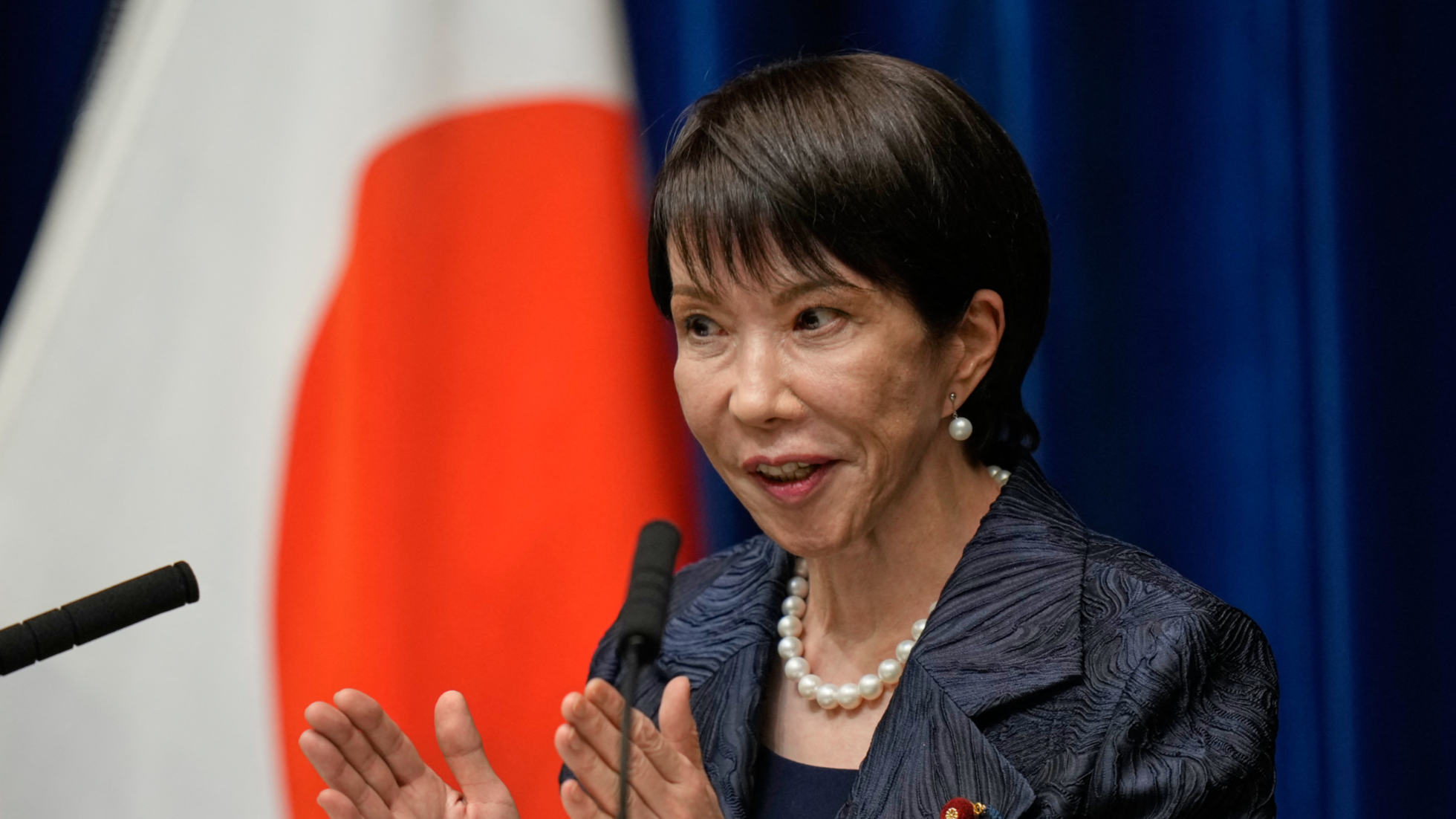
Japanese Prime Minister Sanae Takaichi has ordered a fresh package of economic measures aimed at easing the burden of inflation on households and companies.
Takaichi, who became Japan’s first female premier on Tuesday, did not specify the size of the package or indicate whether additional bond issuance would be needed to finance it. A supplementary budget will be compiled to finance the measures, according to an order from Takaichi to compile the package.
Details will follow, but the order suggests that the package will include subsidies for electricity and gas charges during the winter, along with regional grants to ease price pressures. It also encourages small and medium-sized businesses to raise wages and increase capital investment.
Cash handouts, which failed to gain public support during the July national election campaign, are not mentioned in the order.
Takaichi has identified rising living costs as a top economic priority, reflecting public concern over inflation. The order suggests she’ll favor targeted steps over a large-scale spending plan.
“With the goal of building a strong Japanese economy, I will work closely with relevant ministers,” Growth Strategy Minister Minoru Kiuchi told reporters on Wednesday, after being tasked with putting the package together. Kiuchi added that it is important to explore various options for funding sources.
ALSO READ: Sanae Takaichi elected Japan PM, unveils cabinet lineup
While Takaichi is known for her past support of aggressive monetary and fiscal stimulus, she has tempered her stance more recently, pledging instead to pursue expansionary but responsible fiscal policies. She faces the challenge of supporting the economy while addressing concerns about Japan’s massive public debt, which has contributed to rising long-term bond yields.
Consumer inflation has remained at or above the Bank of Japan’s 2 percent target for more than three years. Meanwhile, the central bank has been raising interest rates gradually, pushing up borrowing costs for the government. On Tuesday, Takaichi said she hopes inflation will become demand-driven as wages rise, rather than the result of cost-push factors.
“It’s important for the BOJ and the government to move in tandem,” said Kiuchi. “It’s key that monetary policy is appropriately managed toward both strong economic growth and price stability.”
Two other key pillars of the upcoming package are strengthening economic security and defense. The order calls for investment in strategic sectors, including artificial intelligence and semiconductors, as well as enhancing supply chains for critical goods.
The package is also expected to include some responses to US tariff measures, including steps to implement an investment scheme announced earlier with Washington. Japan has pledged to invest $550 billion in key US sectors in exchange for reduced tariffs as part of that deal. That investment vehicle is likely to be discussed when US President Donald Trump visis Japan next week.


